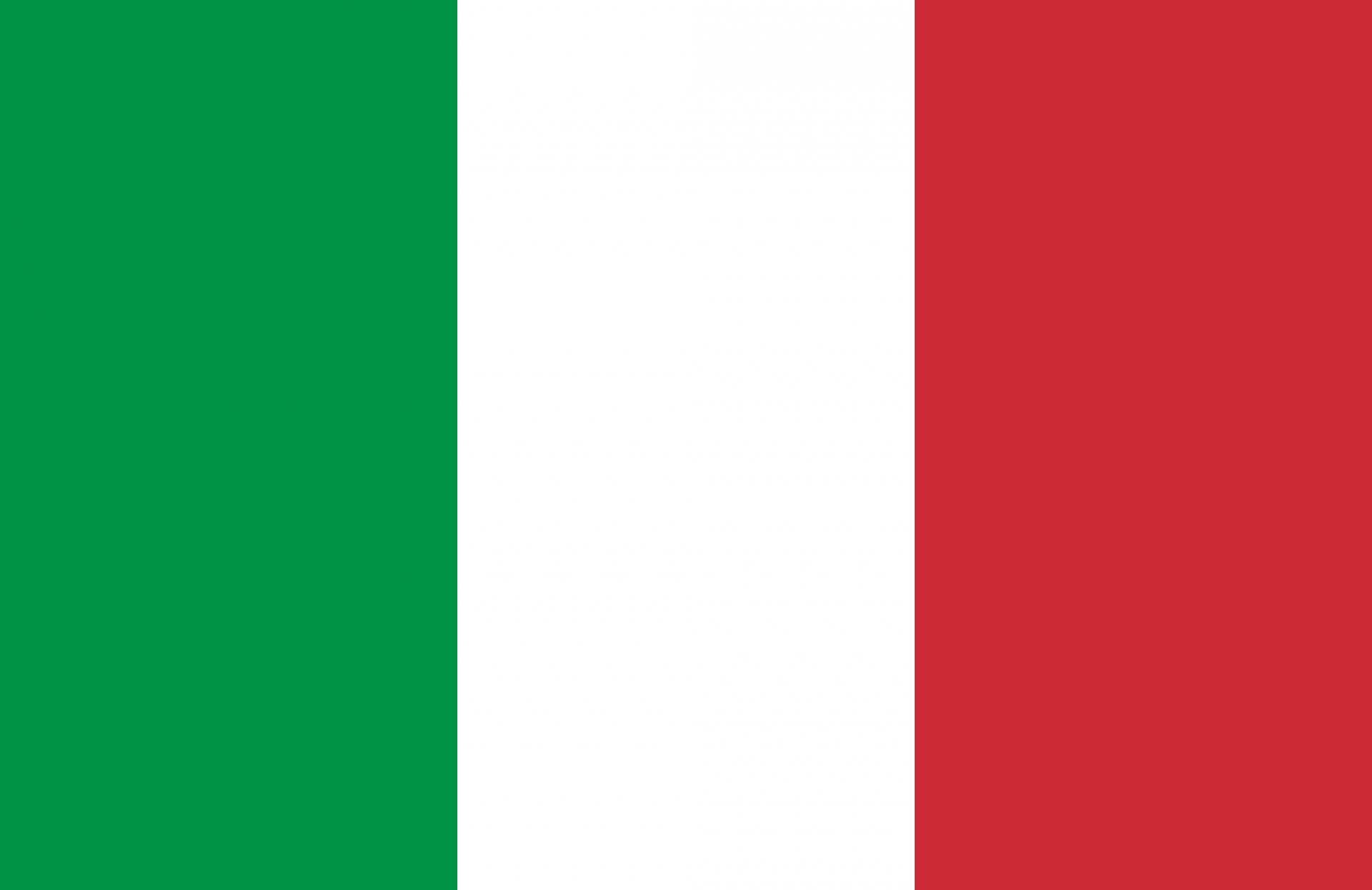31 May 2018
Italy
88 days and counting.
By Neil Tidmarsh
 What has happened in Italy? What is happening in Italy?
What has happened in Italy? What is happening in Italy?
Nothing.
Nothing? But the newspapers have been full of it this week: all the comings and goings at the president’s palace on the Quirinal Hill in Rome; dramatic falls in Italian markets; cries of woe from Brussels as another crisis in the eurozone beckons, another threat to the very existence of the EU looms… Nothing? Niente?
Three months ago, Shaw Sheet commented on the results of the Italian general election (see Lens On The Week, Issue 144, 08 March 2018); “Reports are suggesting that the EU’s leaders are extremely anxious about this triumph of anti-EU populism and the collapse of the mainstream. They shouldn’t be. This is simply business as usual in Italy; Italy, as ever, has secured a result which will guarantee a political stalemate, the normal state of politics in that country. Politics will continue to be a business of horse-trading between parties and individuals which pre-empts any real political initiatives or effective government. Nothing will change. Even if the president has to call another election, which is quite probable, then it’s unlikely that the result would be much different to last Sunday’s.”
And indeed nothing has changed since then. The country came out of the elections without a government, and it still doesn’t have a government, in spite of three months of coalition negotiations between the League and the Five Star Movement. The country didn’t have a government at the beginning of this week and it didn’t have a government at the end of it, in spite of (deep breath now):
Luigi di Maio (leader of Five Star) and Matteo Salvini (leader of the League) agreeing on a prime minister – law professor Guiseppe Conte – to lead a potential coalition government for them; President Sergio Mattarella then giving Professor Conte a mandate to form a government; Professor Conte then picking former industry minister and Bank of Italy official Paolo Savona as finance minister; President Mattarella then rejecting Paolo Savona as finance minister; Professor Conte then abandoning his attempts to form a government; President Mattarella then inviting a former senior IMF official, Carlo Cottarelli, to become interim prime minister and form a caretaker government…
So what happens now, if anything (apart from election winners Five Star and the League denouncing the president for installing an unelected government of elitist technocrats, and the president defending himself by saying that it’s his duty to save Italy from being destroyed by a populist government which he accuses of wanting to abandon the euro and destroy the EU, and Italian bank shares and government bonds tumbling in the market place, and voices crying “woe!” in Brussels)?
The unelected but presidentially-appointed Carlo Cottarelli won’t be able to achieve anything even if he does manage to form a caretaker government, as the League and Five Star have an overwhelming majority in parliament. And he would have to call a fresh election next year, anyway, no matter what he did in the meantime. In fact, it looks as if he will have to call elections even earlier; Five Star and the League are likely to win a vote of no confidence against him this autumn.
Who would win that election? If the League and Five Star entered the elections as a coalition, they would almost certainly win – fresh populist anger at the imposition of another unelected technocratic government (condemned by its opponents as an attempt by Europe’s elitist establishment to protect its own interests) would see to that. And then of course we’ll be back where we started, after six months or a year of niente.
The only possibility of a different outcome is if the League and the Five Star present the election as a black and white referendum about Italy and the EU, promising to ditch the euro and even to take Italy out of the EU if elected. Most Italians and even many populists would baulk at such dramatic and unequivocal change. But the League and Five Star understand the danger of such drastic pledges; this week they’ve been countering President Mattarella’s accusations by denying that they are hell-bent on dropping the euro and dropping out of the EU.
And even if they do lose the election and Italy finds itself with a mainstream party back in power (say a rejuvenated Democratic Party), then the country will in all likelihood simply return to the same old political stasis that the status quo guarantees. After all, Italy has had more than 65 governments since 1946, some of them coming and going in less time than the country’s current government-free vacuum of 88 days (and counting); those 88 days set a record this week, but such a vacuum is not unique – it took 83 days to form a government in 1992 and 62 days in 1979 and 2013.
All this isn’t to suggest that Italy doesn’t have serious problems. It does. The country’s debts stand at €2.3 trillion, which is 130% more than its GDP (more than double the eurozone target of 60%). It is to suggest, however, that Italy’s political system somehow enables it to avoid getting to grips with its problems. And it’s these problems and this political impotence (rather than the prospect of a populist government, which – even if given the chance – probably wouldn’t prove to be any more potent or radical in Italy than Syriza did in Greece) which do indeed threaten the euro and the EU with very real dangers.
This raises the whole question of whether Italy should have been allowed into the eurozone or indeed the EU itself in the first place. But of course it should – after all, it’s the third biggest economy in the eurozone. But perhaps that just raises even more questions about the euro and the EU as a whole.


